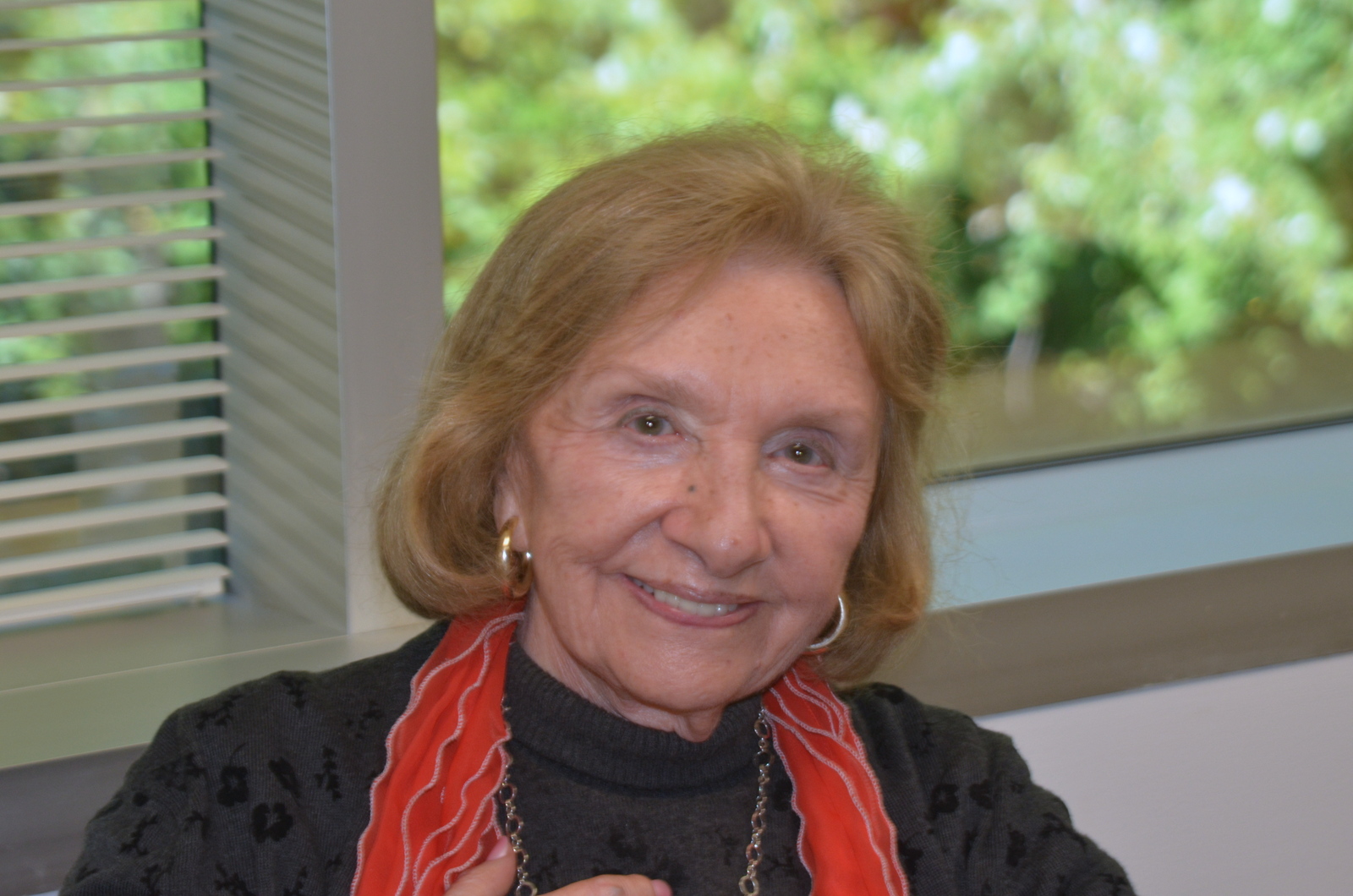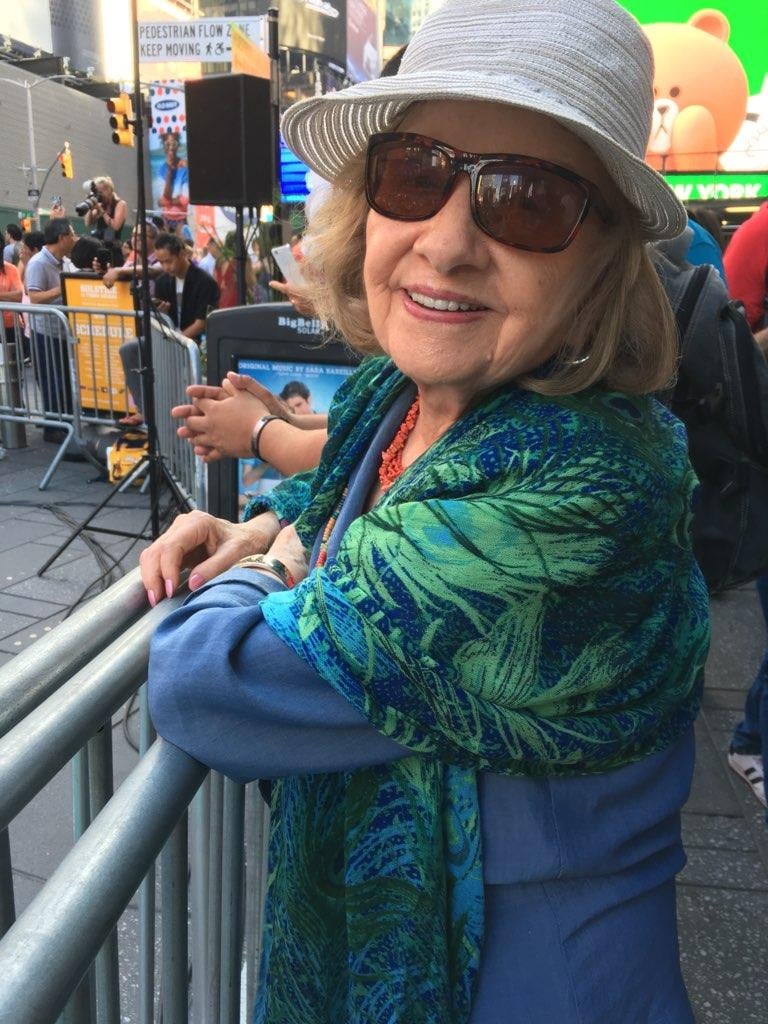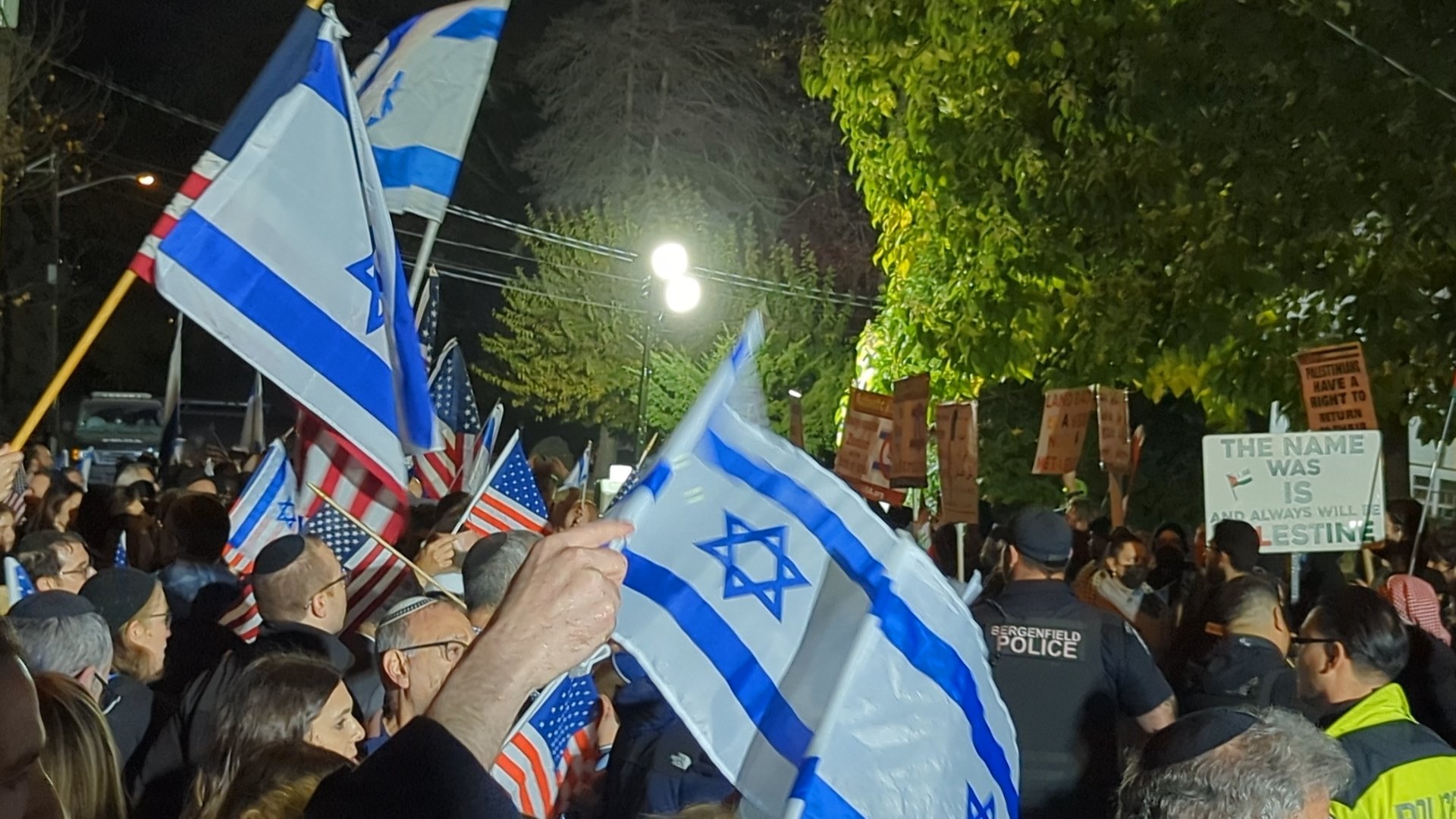
Nessa, a 99 year-old New Jersey resident, survived the Warsaw Ghetto, the Warsaw Ghetto Uprising, the mass exile of the city’s Polish population to rural villages, and the loneliness and miseries of life as a milkmaid living in a barn with a horse and cow owned by peasants. Daily she would trudge through thigh-high snow, her feet wrapped in rags, a yoke on her shoulders, which held two pails of milk she delivered to customers who didn’t even have the decency to offer her a cup of hot water. She did this in return for so-called room and board. It was quite a departure from the carefree, joyous and luxurious life she had lived in as a member of a large, wealthy Jewish family before the war, and even their greatly reduced circumstances in the ghetto.
She and her father were out for a walk when an aktia (raid) took place, and their neighborhood was cordoned off. Her adored mother and only sibling, a younger sister, were among those arrested and deported to Treblinka. Disconsolate, Nessa walked out of the ghetto, hoping to be shot by one of the guards at the gate. She was ignored, probably because she was mistaken for either a Pole or a Jewish straggler who would be beaten for arriving late to work as a slave laborer.
Realizing that life outside the ghetto was quite normal, she felt her desperation and determination to meet death disappear. She contacted two Poles who had been helped by her family. Through her former maid, she acquired a baptismal certificate and rented an apartment facing the ghetto. Hoping to save her father, she smuggled him out and hid him. He convinced her that they could save others.

In the end, she helped smuggle 16 other men out of the ghetto, helped arrange for refuge for their wives and children with Polish peasants (who were paid), and smuggled Jewish infants out of the ghetto, handing them to nuns willing to save their souls. The 17 men hid behind a false wall she created in her kitchen, standing crowded and silent as tinned sardines. Only at night could they emerge to take care of their bodily needs and eat the food Nessa managed to purchase, bit by bit, from a variety of vendors. Posing as the wife of an army officer, living only with her maid, she couldn’t buy large amounts of anything without arousing suspicion. Bounty hunters were everywhere searching for Jews to turn into the Nazis for rewards. (The Germans carefully calibrated the amounts of cash or commodities they would need to pay in each locale.)
Nessa will never forget one particular night during the Warsaw Ghetto Uprising. The Nazis had gathered a group of Jews and set them afire. Her neighbors appeared with vodka to celebrate “the Jewish cutlets frying” which they wanted to watch from her balcony opposite the ghetto. She knew she had to swallow her disgust and despair in order to save the Jewish men she was hiding. She pulled off the pretense, averting disaster.
Father Patrick Desbois, a Catholic priest who has devoted decades of his life to documenting the mass killings of Jews in Eastern Europe, and interviewed hundreds of bystanders (including collaborators) spoke recently at the College of Charleston. He warned them of the power of autocrats and their control of the media. He reminded them that the Shoah was a lot more than Auschwitz and the other camps in Poland. Most mass murders of Jews were committed by ordinary people. The author of “The Holocaust by Bullets” shocked the large audience, mostly college students, when he talked of people bringing their children to watch the mass murder of Jews. When he asked why they would allow young children to witness such atrocities almost all responded, “Because it was interesting.”
What Nessa reluctantly witnessed was devastating, and she still shudders when she remembers it. She does not consider herself heroic, nor want to be lauded for rescuing Jews. Her mother had raised her to ask herself what she had done at the end of each day to help others. What she accomplished, she did simply because it needed to be done and was in a position to do, despite the enormous risk.
She is dismissive of those achievements and refuses to be acknowledged for them. It’s not an uncommon trait among rescuers. In fact, Nessa is not her real name. It was given to her by her second husband, from the Hebrew word nes (miracle). He considered her life, her accomplishments during and after the war, and their meeting and marriage as widowers extraordinarily miraculous.










